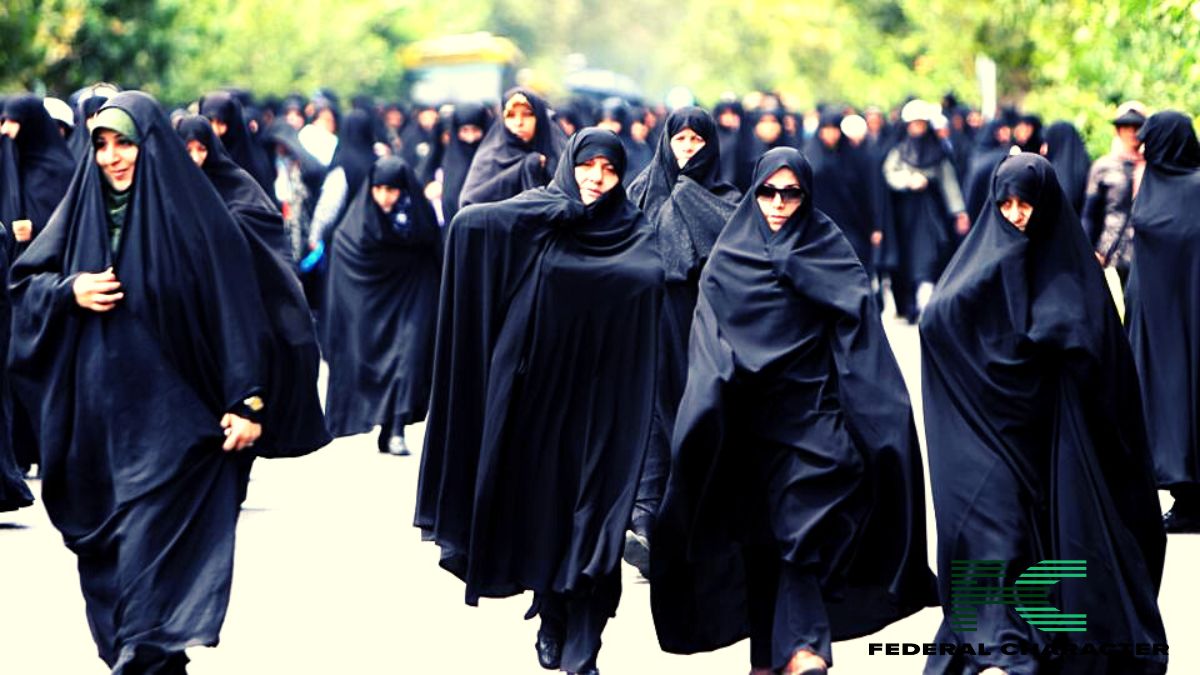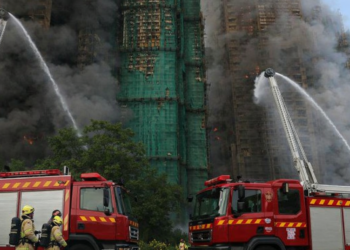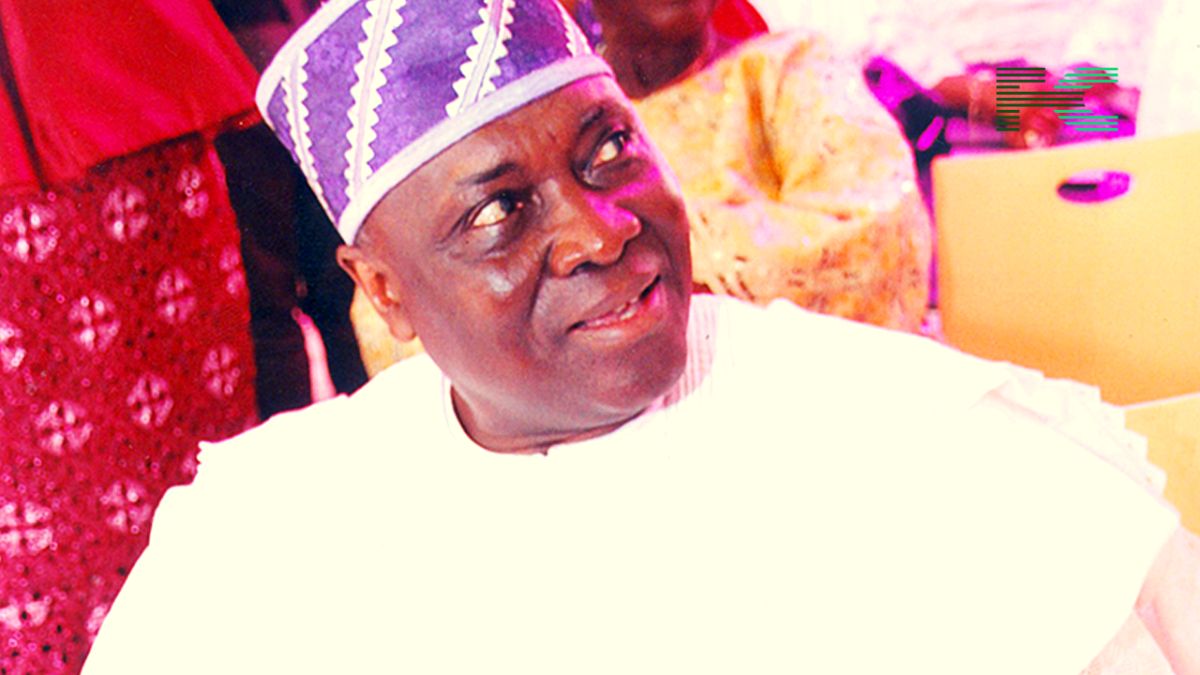Iranian authorities have announced a fresh campaign aimed at compelling women to adhere to the Islamic headscarf, commonly known as the hijab. This move comes as the morality police return to the streets, almost ten months after the death of a woman in their custody triggered widespread protests across the nation.
Following the death of 22-year-old Mahsa Amini last September, the morality police had largely withdrawn, struggling to contain the massive demonstrations that called for the overthrow of Iran’s longstanding theocratic rule. However, earlier this year, after a severe crackdown resulting in the deaths of over 500 protesters and the detention of nearly 20,000 individuals, the protests subsided. Yet, many women, particularly in Tehran and other cities, continued to defy the official dress code.
The morality police had become a rare sight on the streets, with some reports in December suggesting their disbandment, although these were later denied. Despite the ongoing crisis, Iranian authorities maintained that the rules remained unchanged. The country’s clerical rulers perceive the hijab as a vital pillar of the Islamic revolution that brought them to power, considering more relaxed attire as a symbol of Western decadence.
On Sunday, General Saeed Montazerolmahdi, a police spokesperson, announced that the morality police would resume their duties of notifying and detaining women in public who are not wearing the hijab. Marked vans carrying male and female officers of the morality police were seen patrolling the streets of Tehran.
In a separate incident, Mohammed Sadeghi, a young and relatively unknown actor, was arrested during a police raid on his home, which he seemed to have broadcasted on social media. Earlier, Sadeghi had responded to a video showing a woman being detained by the morality police, expressing his outrage. The semi-official Hamshahri daily, affiliated with the Tehran municipality, reported that Sadeghi was arrested for allegedly encouraging people to use weapons against the police.
The battle surrounding the hijab has emerged as a potent rallying cry, with women playing a prominent role in the protests. What initially began as demonstrations against the mandatory headscarf quickly transformed into calls for the overthrow of Iran’s clerical rulers, who are accused by the predominantly young protesters of corruption, repression, and being out of touch. The government of Iran attributed the protests to a foreign conspiracy, though no evidence was provided.
Numerous Iranian celebrities, including renowned directors and actors from the country’s esteemed film industry, participated in the protests. Several actresses were detained for appearing in public without the hijab or expressing support for the demonstrations. In a recent incident, actress Azadeh Samadi was banned from social media and ordered by a court to undergo psychological treatment for what was described as “antisocial personality disorder” after attending a funeral two months ago wearing a cap on her head.














